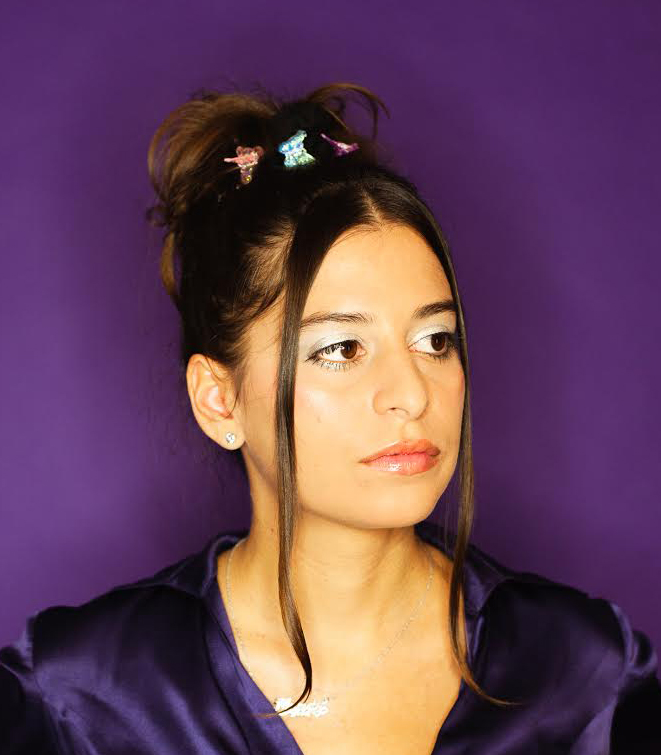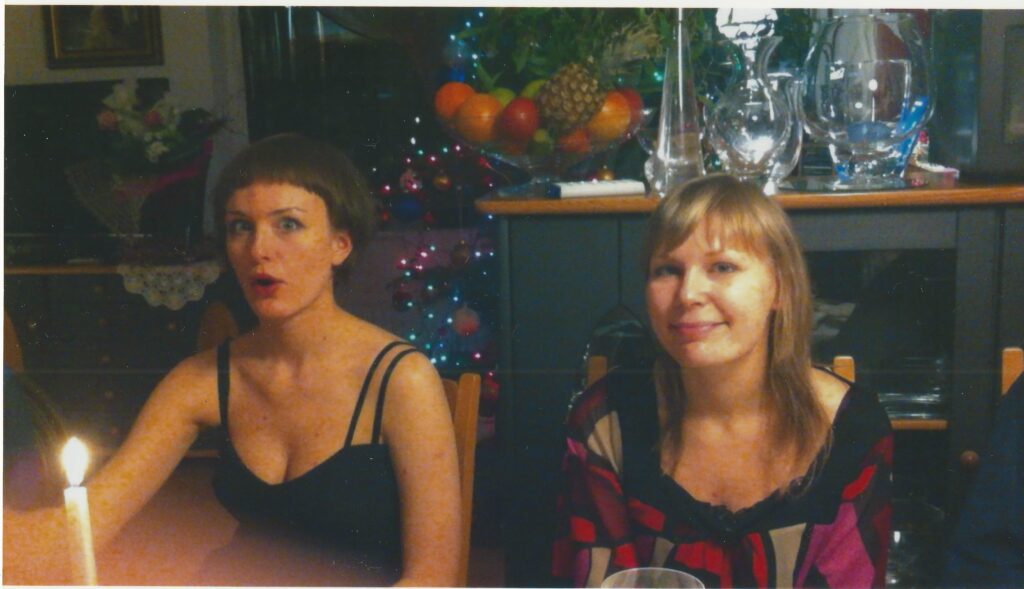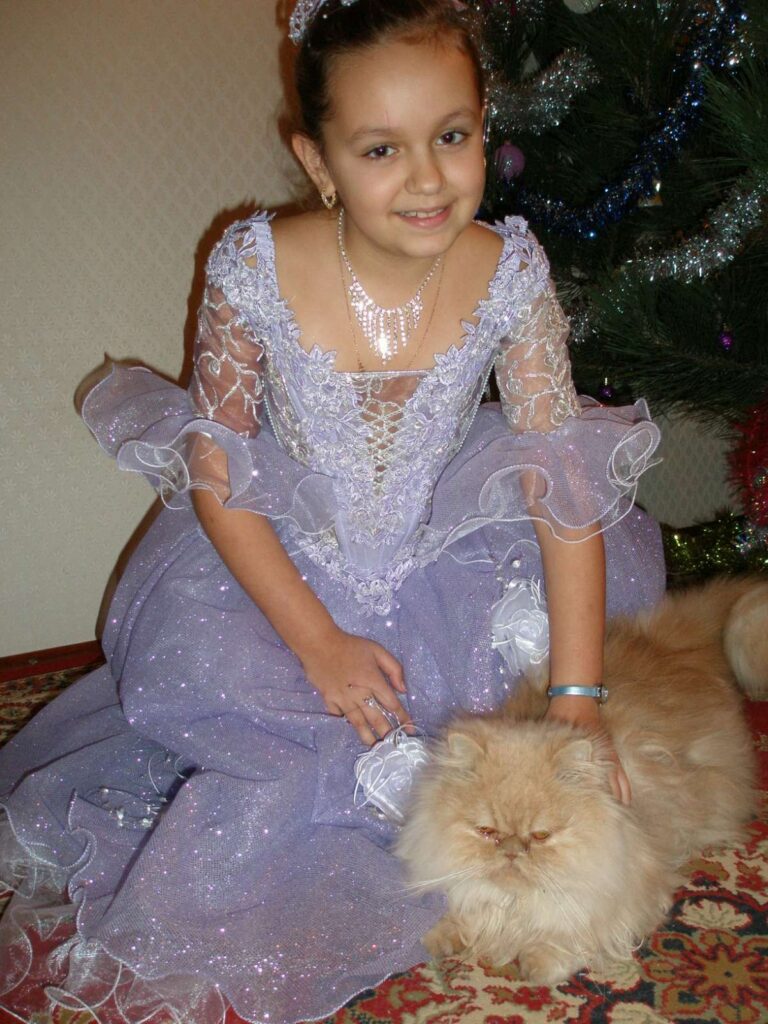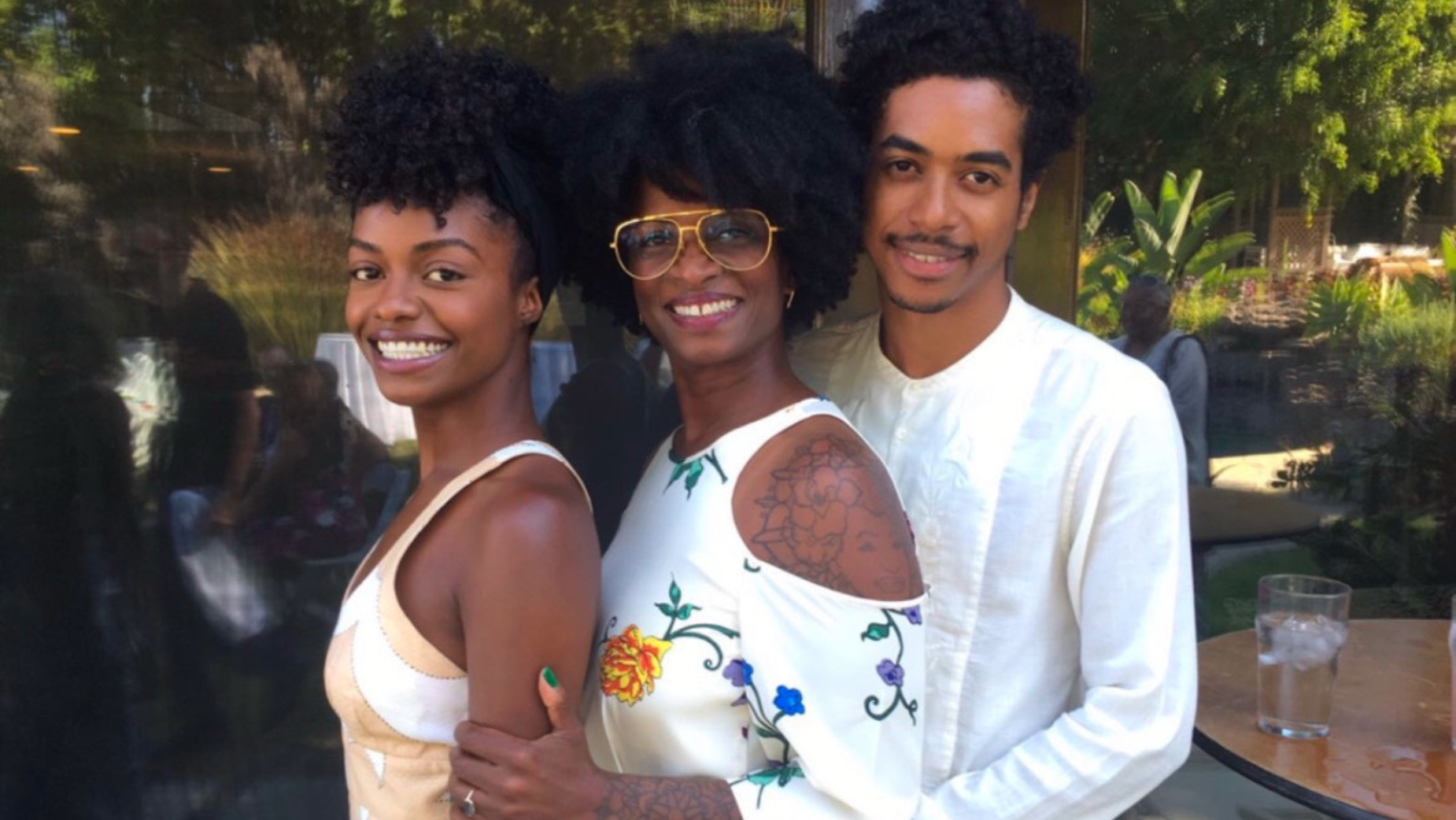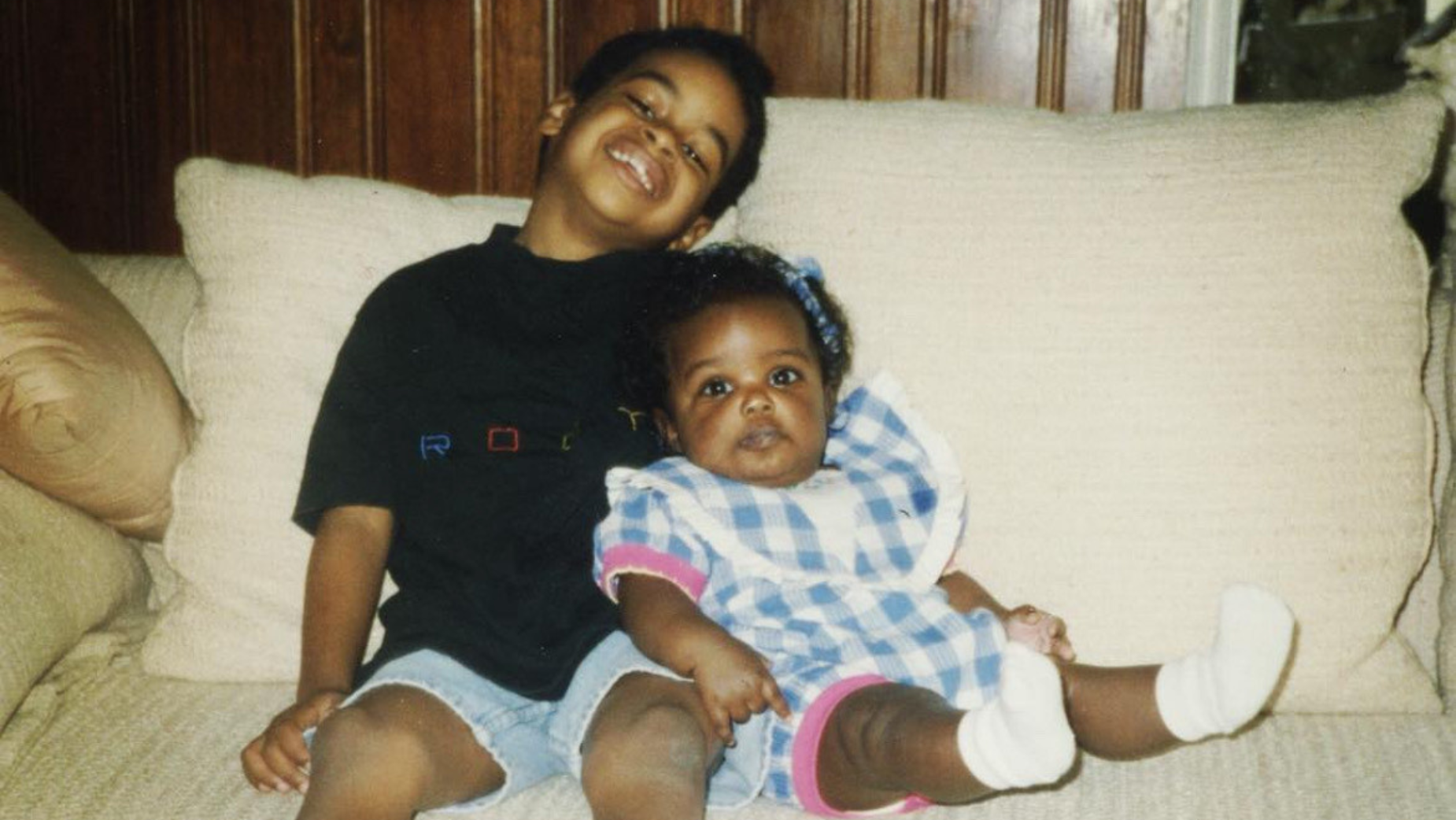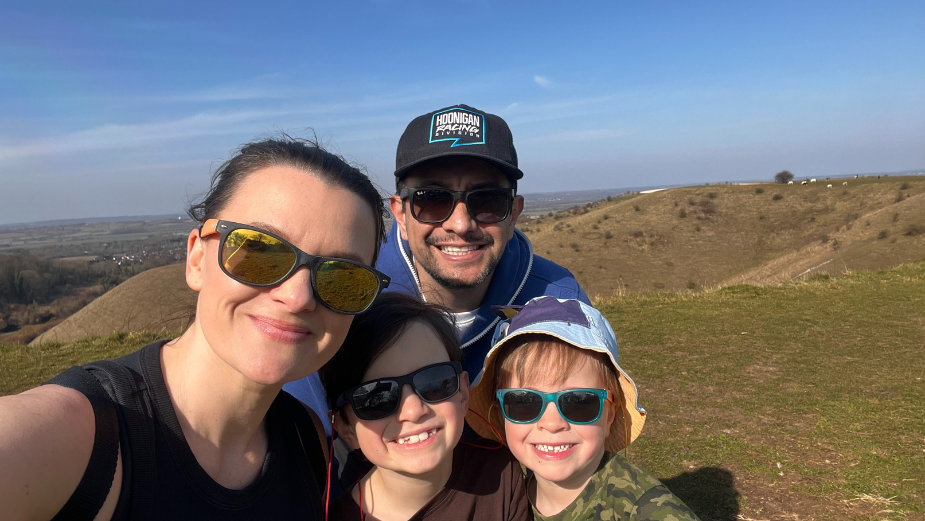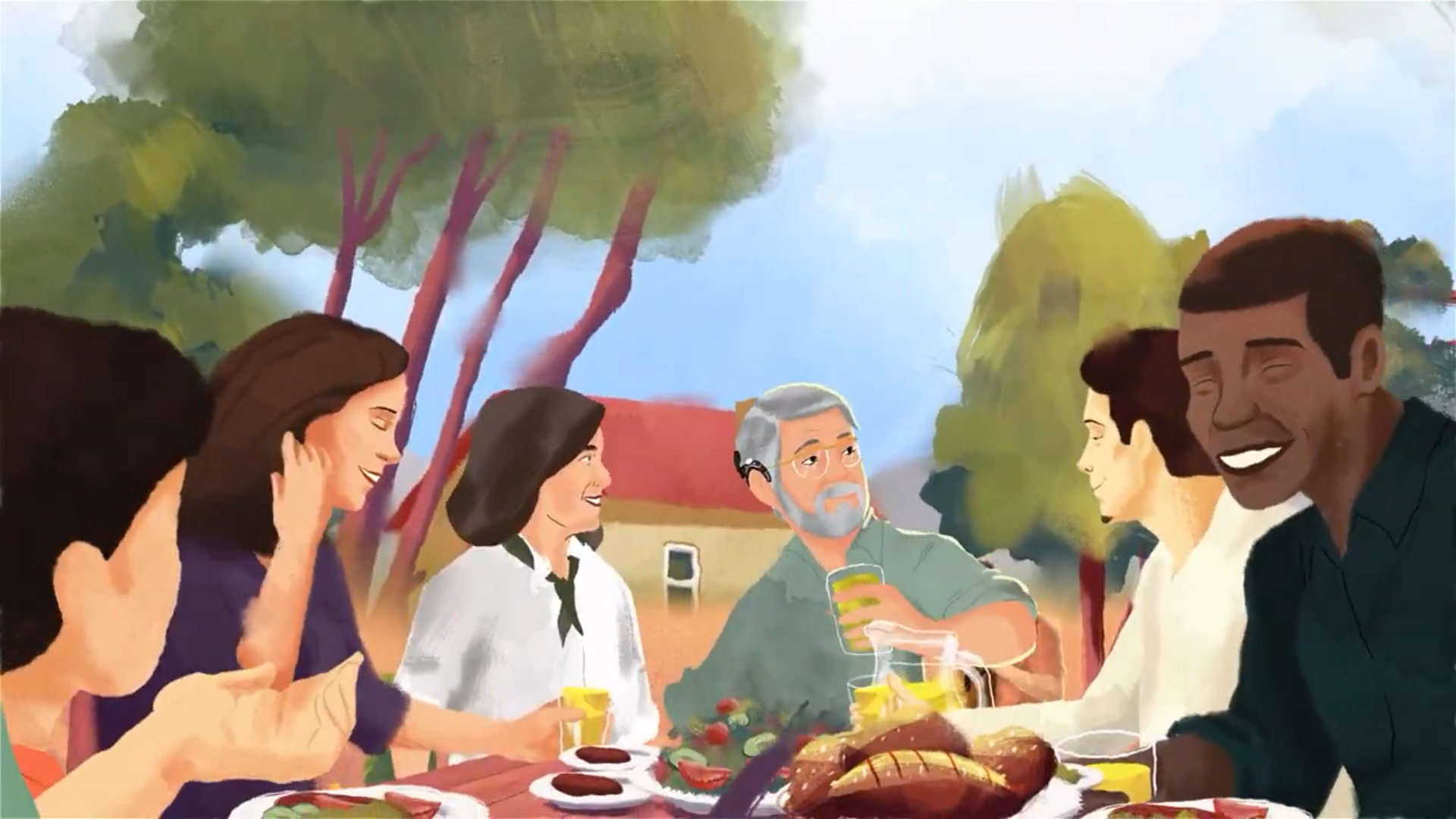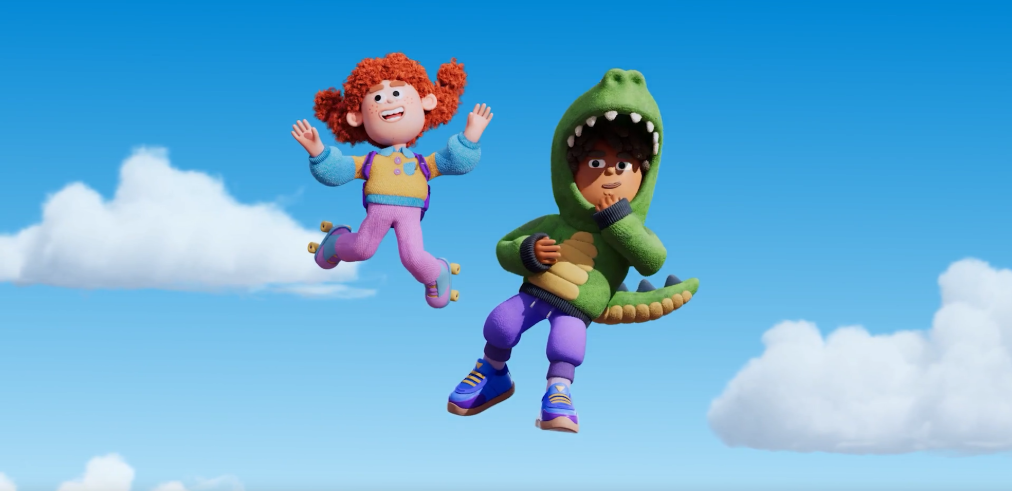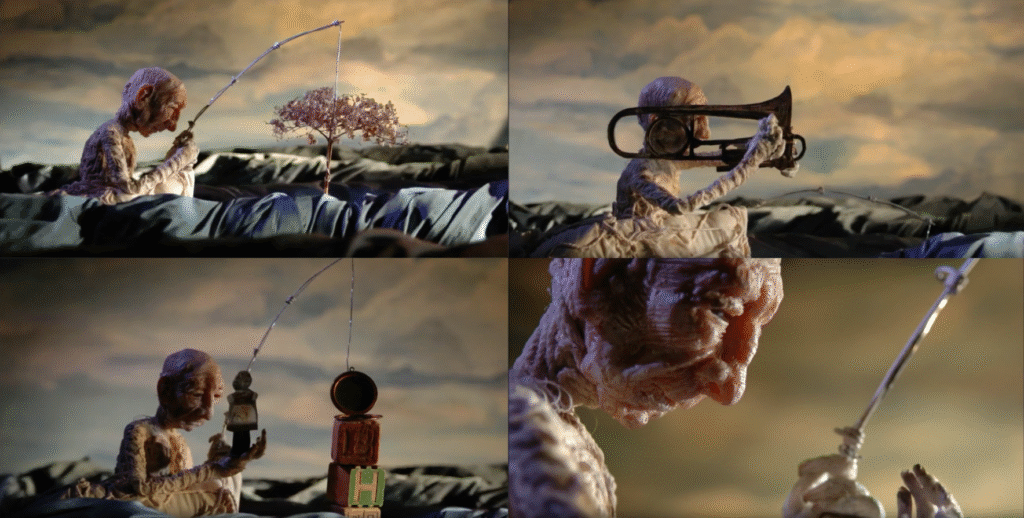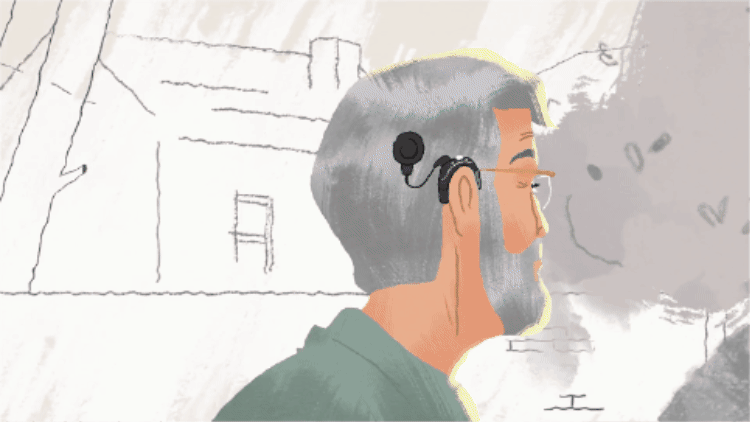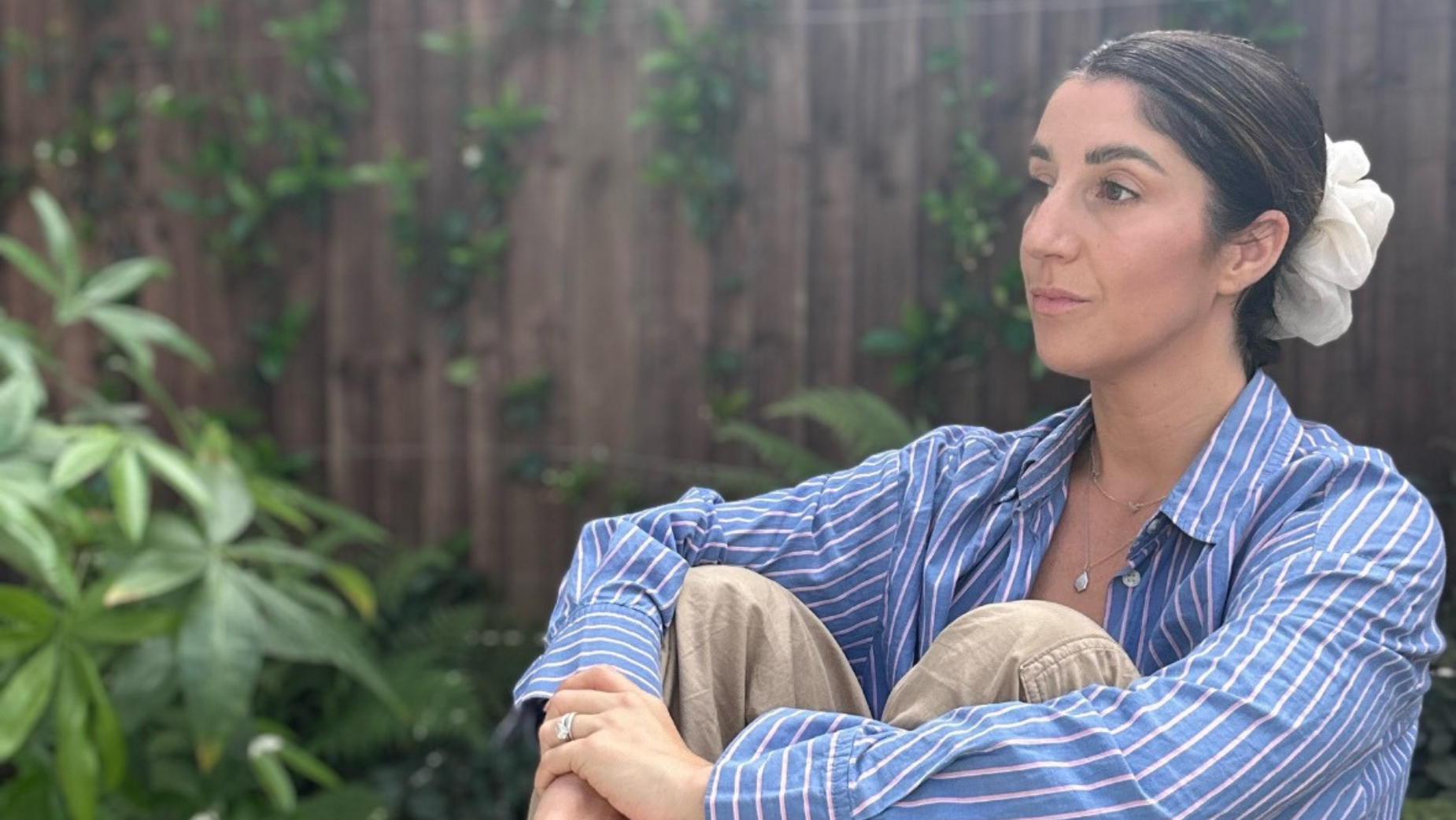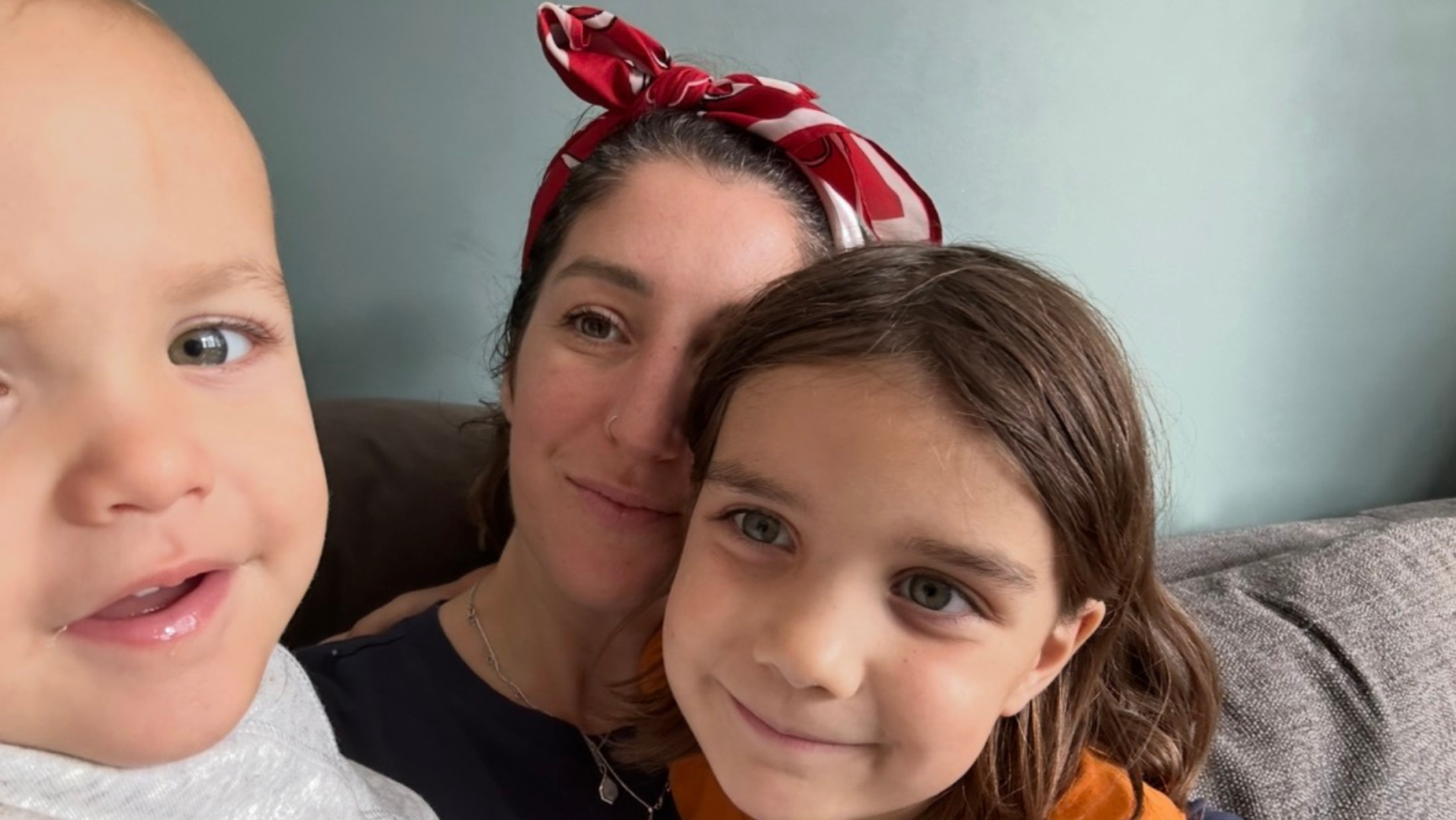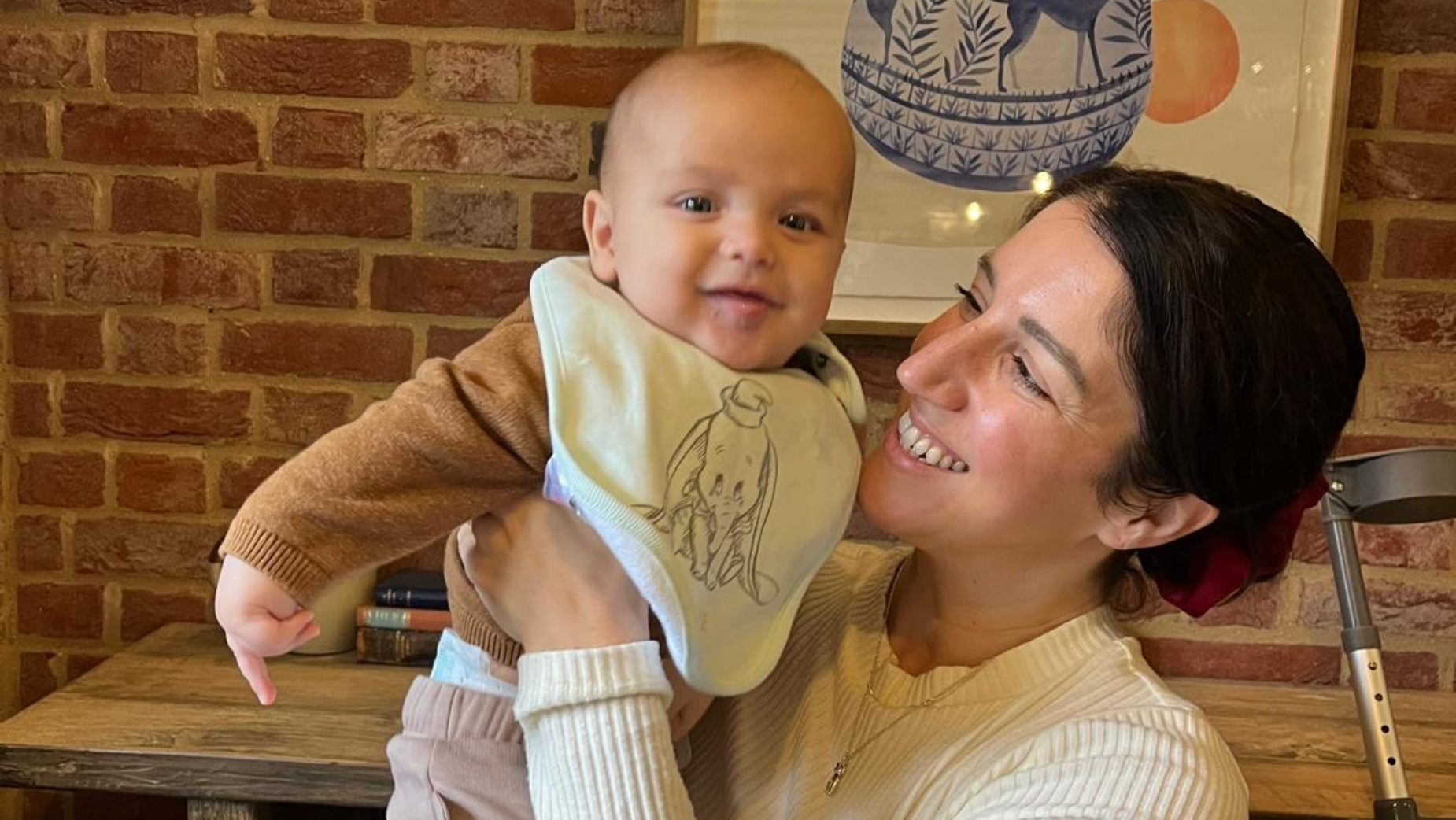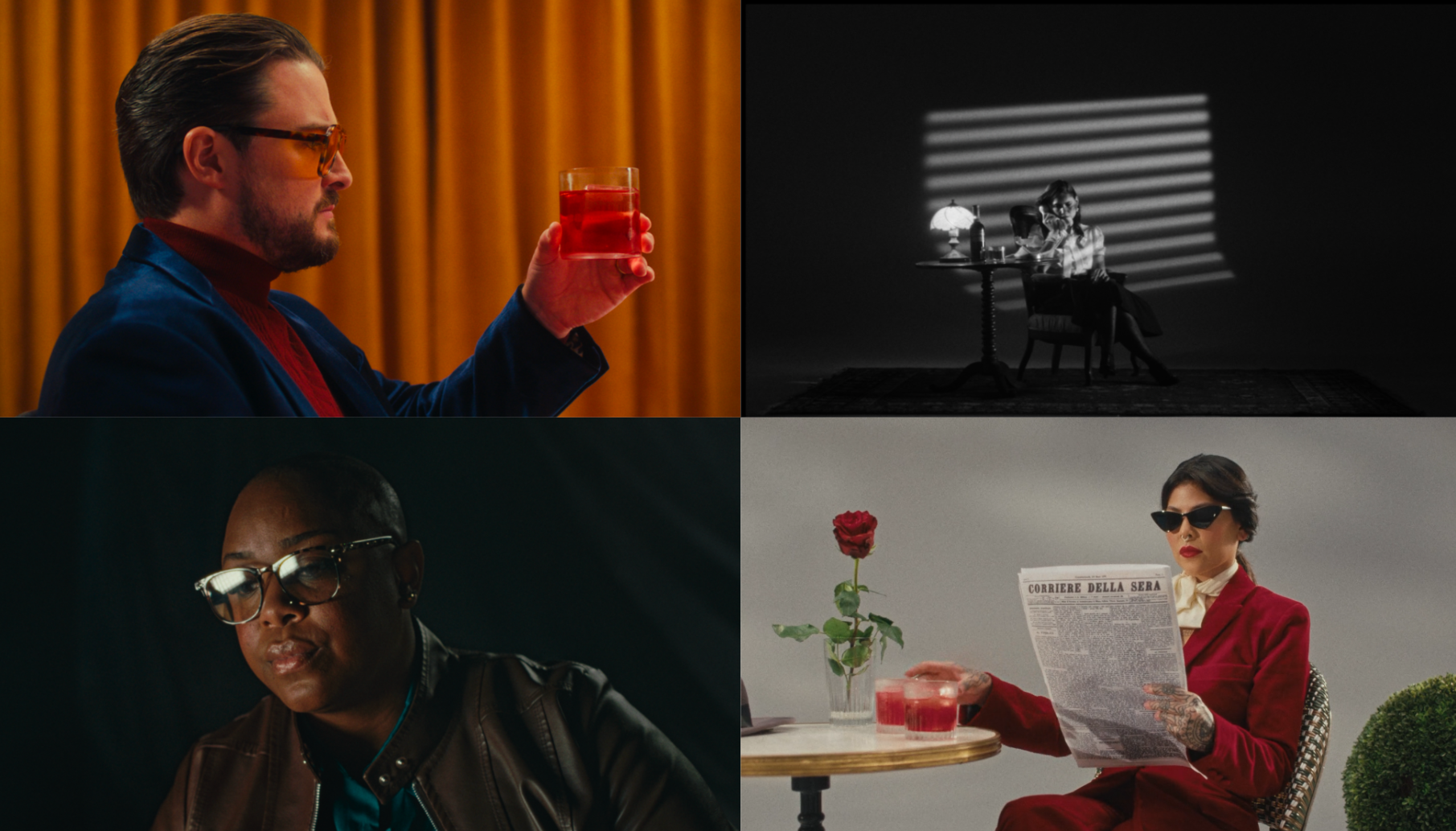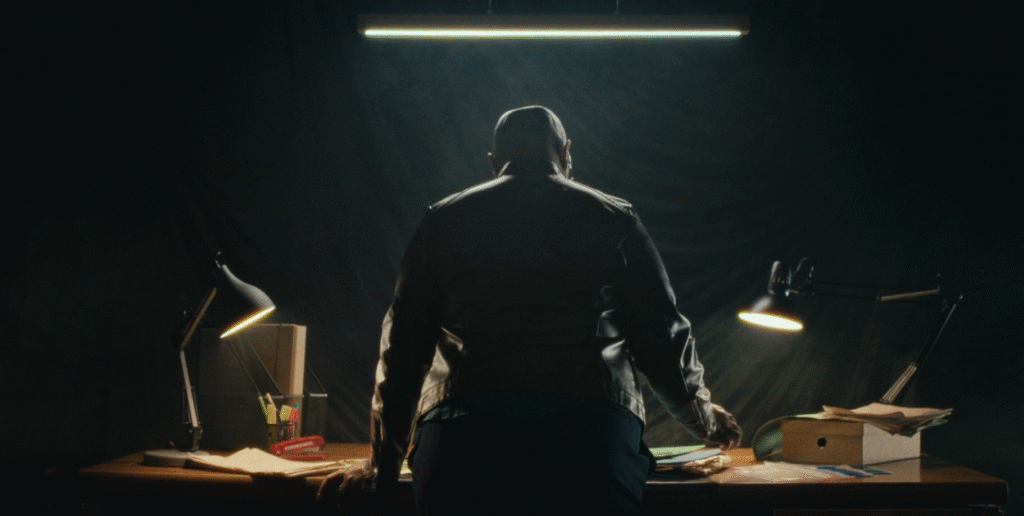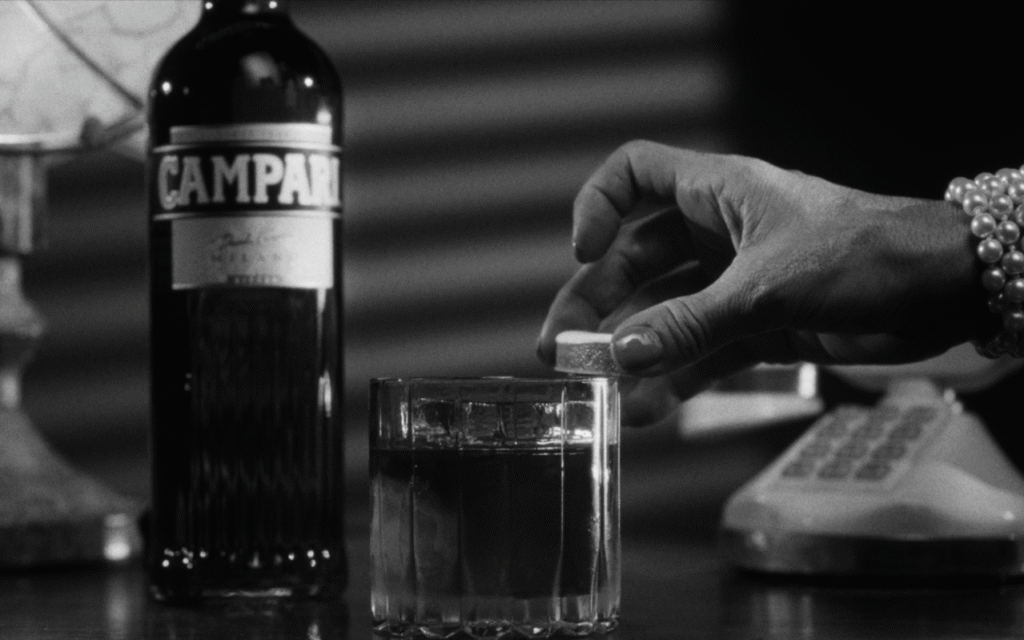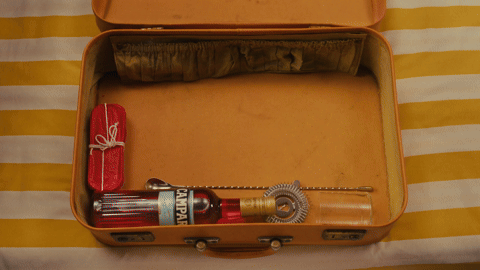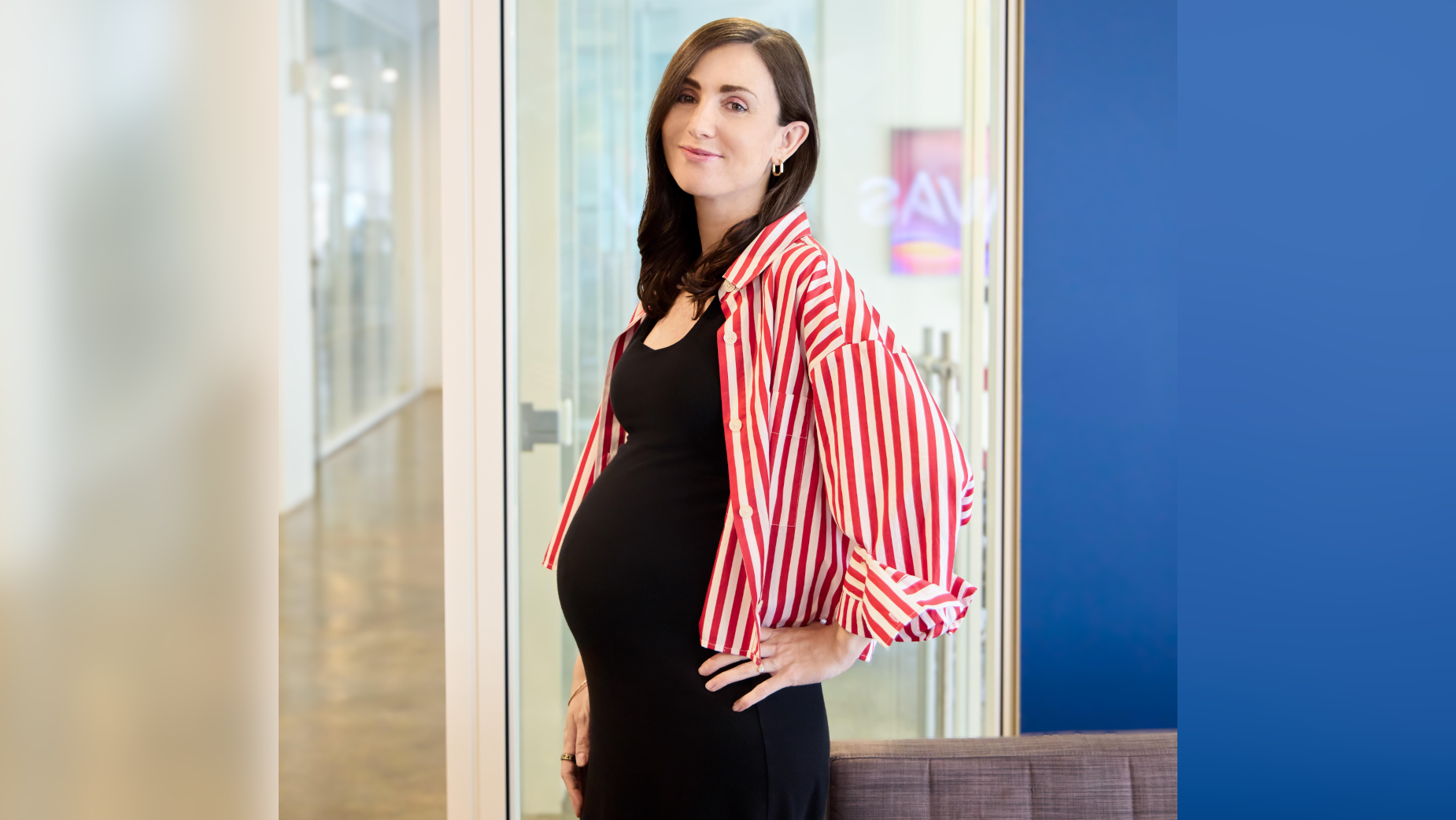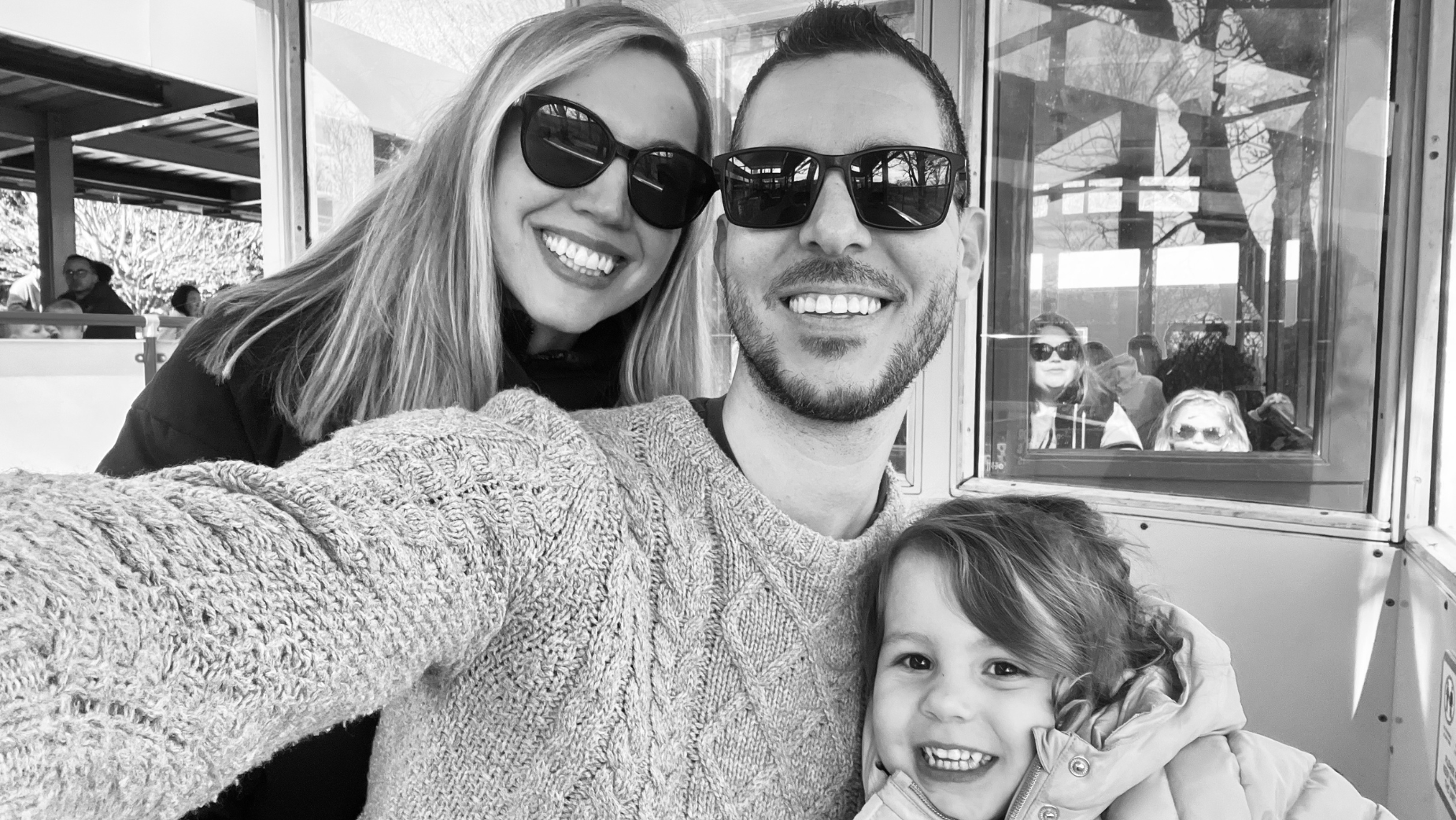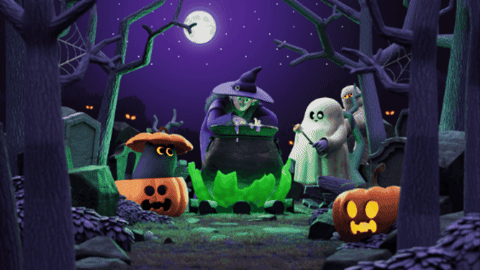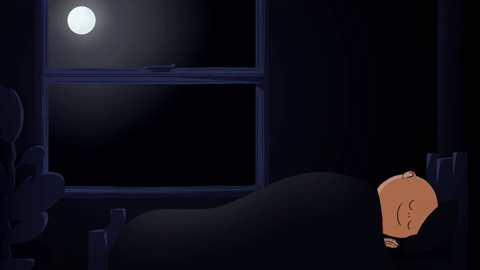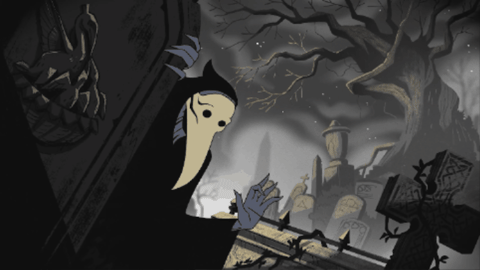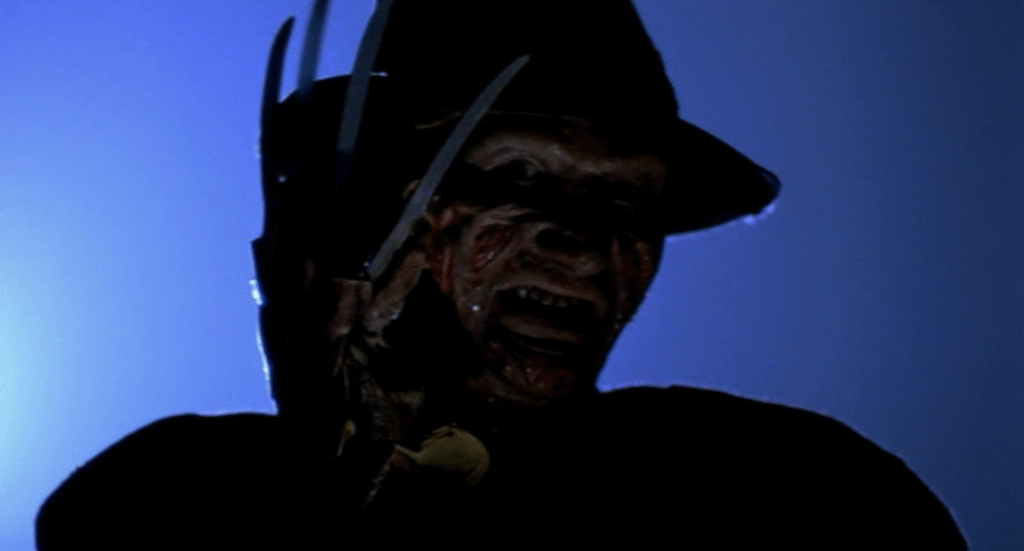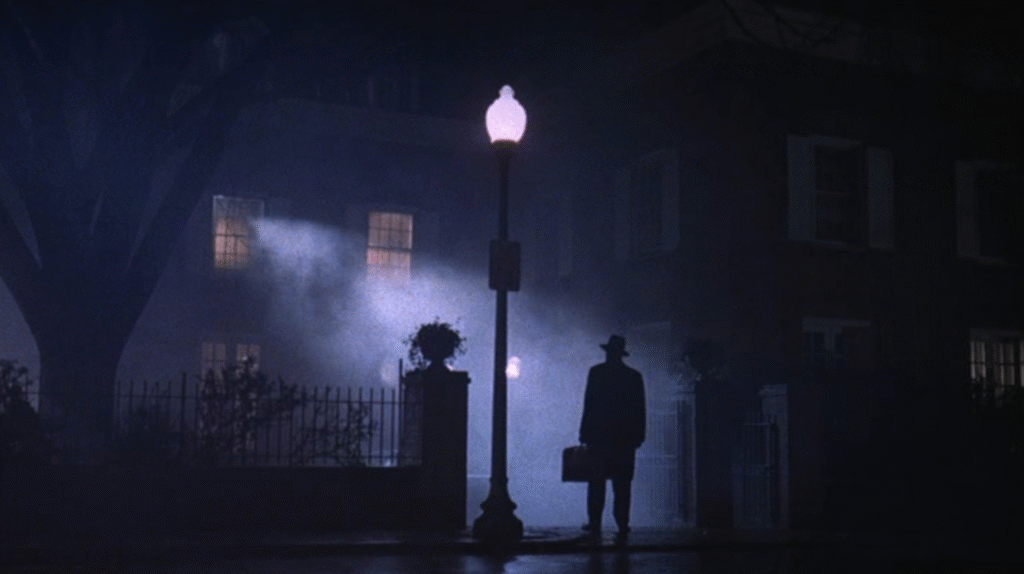NERD Productions award-winning illustrator Amanda Lanzone is renowned for her vibrant and playful visual style. Her work combines art and pop culture together creating images that not only feel original but represent the zeitgeist. She has created art for brands such as Universal Music Group, Converse, The New York Times, The New Yorker, Vice Media, Cosmopolitan. Providing her distinctive style to some of the most renowned brands on the planet.
We recently caught up with Amanda to discuss her creative process and how pop culture influences her art style and how growing up in the Big Apple influences her work.
New York is an incredible place for creativity and a hive for pop culture. How much do you think growing up there has influenced not only your work but how you approach art in general?
I think growing up in New York has influenced me in countless ways, and that definitely includes my art. Having access to so many things my whole life must have something to do with the way I think, and I pull from my life a lot when I create. There’s pop culture, but then there is also subculture, which is what I am into. I think it gives my approach a certain energy and honesty. I really enjoy making work about things that matter to me, that involve my personal experiences or things I think are cool/clever. You really never know where inspiration is going to strike, I see the beauty in things around me. I have definitely taken a photo of trash in the street because I liked how the colors looked next to each other, and used it for reference later.
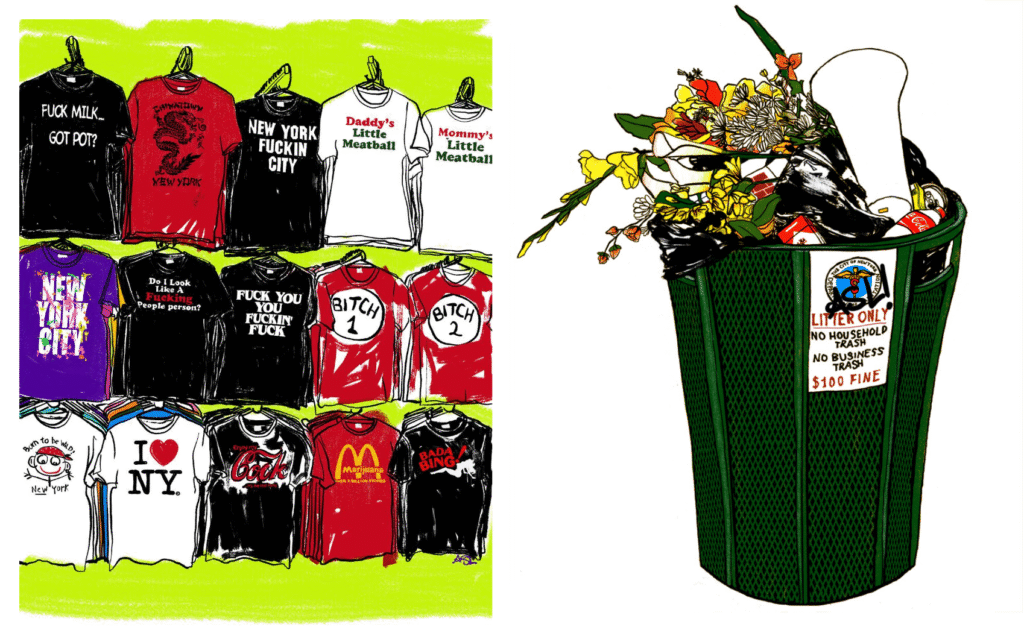
Inspiration can come in many different forms, could you tell us what has recently inspired you? (e.g. books, commercials, film, music, fashion).
I have an eclectic list of inspiring things I’ve been enjoying lately. I’ve been reading old manga and playing a lot of DDR. Recently, I finished restoring a dollhouse I found on the side of the road, so I’ve been inspired by old homes and things of the past and the way they used to be made. I think it’s good to work on analog activities when I need to relax, so I’ve been making crafts and practicing cursive handwriting which feels very romantic. I’ve been watching runway shows and revisiting some of my old favorite movies with gothic themes. I love extreme music. I listen to a lot of different genres of metal, rock, hardcore, and hard electronic, etc. While I have been listening to a lot of the same music since I was a teenager, I’ve recently been diving deeper into the subgenres, whether it be from 20 years ago I missed or the new bands coming out now.
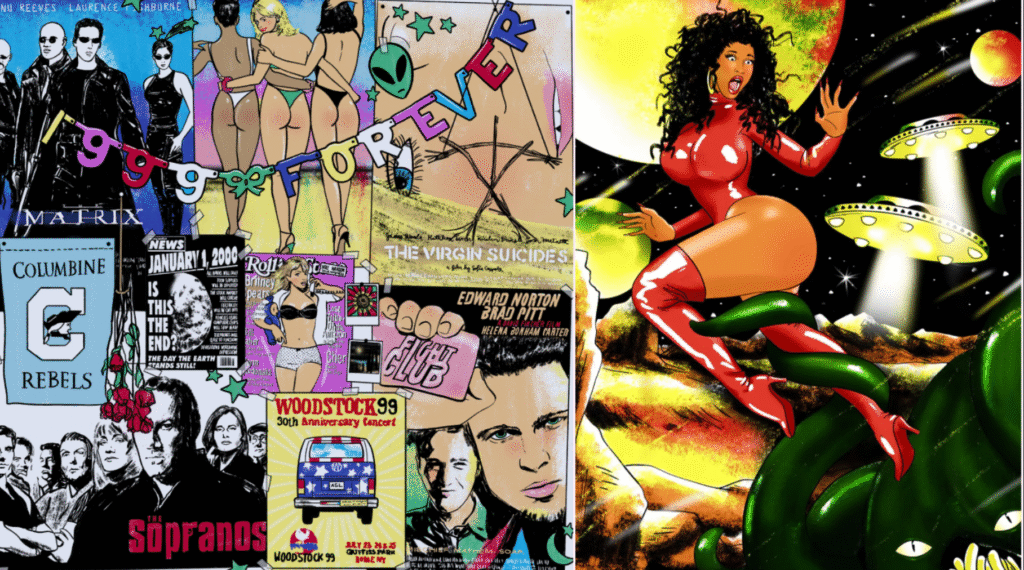
In relation to the above question – Your work feels very pop art inspired and wondered whether the New York art scene from the 1960s such as Andy Warhol and The Factory influenced you in any way?
I am pretty nerdy about artists/art history and that time period is no exception. I can definitely say the more I learned about Andy Warhol, the more interesting the whole production became. He was truly a pioneer with a lot of range, I am always amazed at how much he has accomplished as an artist. I always wonder what it must have felt like to be an artist in New York at that time, I’d imagine it was pretty wild.
When working on a commercial brief how do you adapt your style to match with the requirements of a brand/client?
This is all about balance and each project has its own spectrum of creative freedom so it can vary each time. When someone hires you, it’s usually because they like what you do which is a good start. I try to retain my own standard and way of doing things, while also keeping in mind any guidelines or preferences of the client. Some projects have a lot of guidelines, and some have very few. Guidelines are like a fun challenge, getting a prompt and putting my own twist on it is so enjoyable to me. It’s a good way to get something truly unique. While every situation is different, I want it to be something I am proud of.
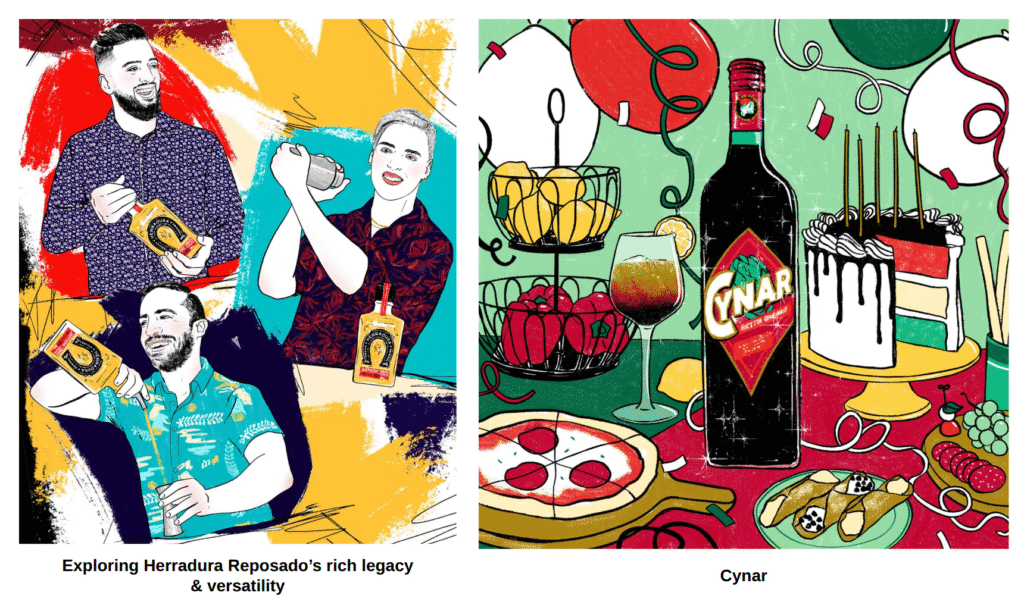
As well as an illustrator you’re also a professor at the School of Visual Arts, what’s the best advice you give to your pupils who want to make a career as artists?
I get this one a lot, and the answer might not surprise you. I know NEVER GIVE UP and FOLLOW YOUR DREAMS sound like obvious answers. It’s important to really think about your goals and working very hard really matters. It takes a lot of growing and love. Even when you start to feel uncomfortable, you need to keep going and trying. Giving up is honestly the worst thing you can do. While it’s not for the weak, it is all very possible if you care enough. I really want to encourage my students to have this mindset, it’s the mindset that made it happen for me. Everything matters, and so does believing in yourself and your work. When it’s something you really love, it’s all worth it.
To see more Amanda’s work click here
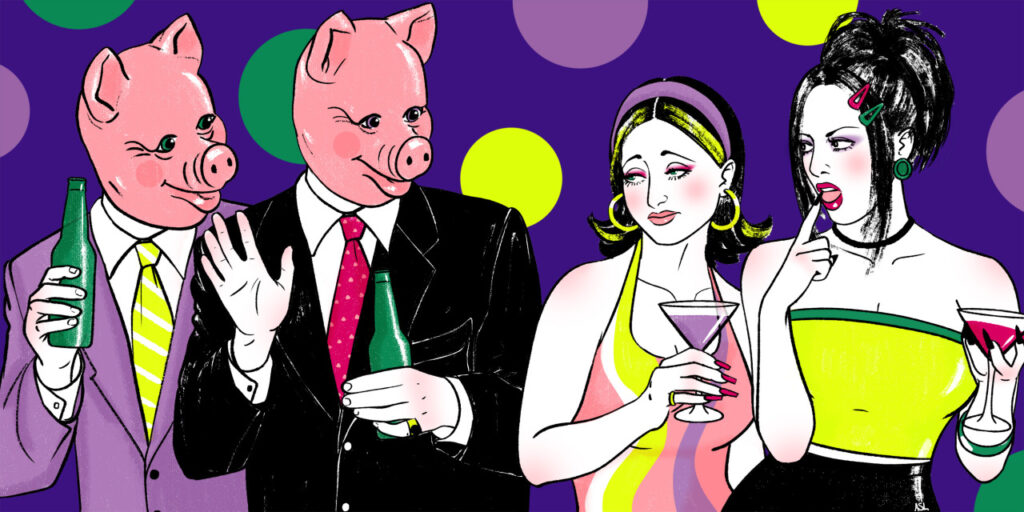
And to see more from NERD Productions click here

